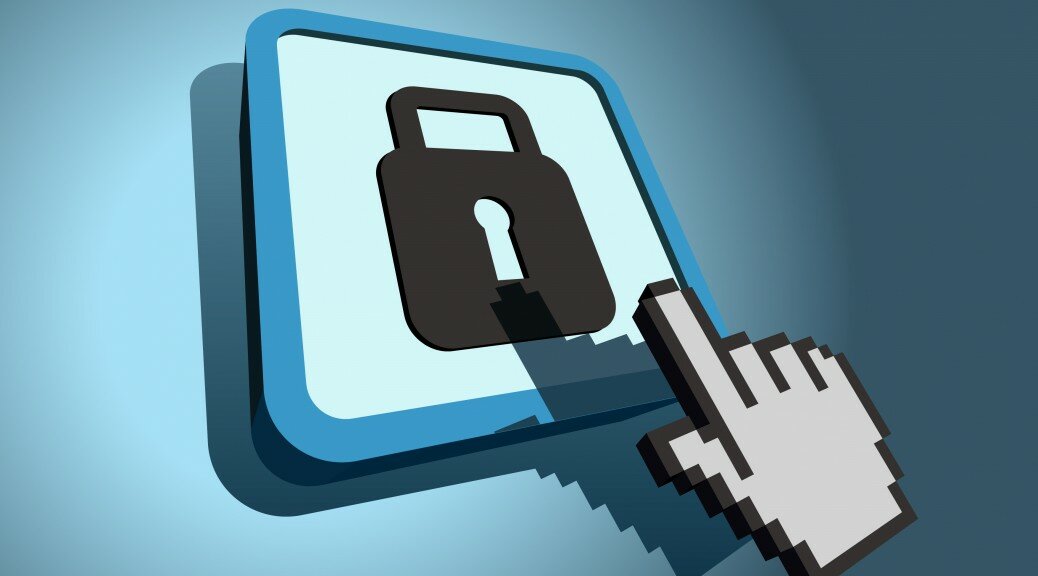I’ve long been a proponent of personal privacy. However, with the rise of the internet, the widespread use of cellphones, and the government’s willingness to collect data from the average person for their own agenda, personal privacy is at an all-time low.
While personal data collection is a boon to government agencies in their fight against terrorism and terrorist attacks, the invasion of personal privacy is not the answer. We must find a better way to tackle terrorism–one in which doesn’t compromise our right to privacy. That better way is through a VPN.
I recently discovered the power of a personal VPN. In terms of personal privacy and online security a VPN, or Virtual Private Network, allows the user to connect to the internet via a remote server.
Or, in other words, a VPN will allow you to appear to be connected from a different location.
The best part is that the connection is passed through a tunnel and all of the data you send and receive is encrypted. This means that cyber criminals and government agencies CANNOT monitor your online activities while you are connected through a VPN.
VPNs: More Than Security Tools
A VPN has capabilities that extend beyond security as well. VPNs can also be used to get around geo- and network-restrictions.
For instance, lets say you live in Canada and you don’t like the offerings of Netflix Canada. If that is the case, you can use a VPN to connect to a server in the United States and then you will have access to the U.S. version of Netflix.
In another scenario, imagine that you are at your office and you need to login to Facebook in order to message back a prospective client. However, since your office has placed a network-restriction on Facebook you are unable to do so. (Yes, you could always go on your phone, but for the sake of pointing out what a VPN can do, we’ll just continue on with this.)
In this instance, with a VPN, you could connect to a different server and you could bypass the network-restriction that prevents you from going on Facebook.
Students who live in college dorms can also benefit from using a VPN. A lot of colleges place network bans on certain websites and don’t allow students to play games online due to bandwidth usage. However, a VPN can get you around this problem as well. In the same ways as mentioned above, a VPN will allow you to connect to a remote server, making it appear as if you’re connected from a different network and thus allowing you to get passed your school’s network restrictions.
What A VPN Can’t Do
While VPNs are great security tools, it’s important to spell out the one thing that they can’t do.
A VPN will probably not help you get away with criminal activity…
While VPNs are great ways to mask your identity while online, if you’re using it to commit crimes there are ways for the authorities to track you down.
Some VPNs keep logs of user activity. While they typically don’t keep your name or personal information, they can see what sites were accessed and when they were accessed from specific user accounts.
Therefore, if you committed a serious enough crime online, the authorities can see that it was coming from the VPN provider. They then go to the VPN provider, force them to turn over their logs, and figure out that it was you who committed the crime.
There are some VPNs that don’t keep logs, however, and they may be the better VPN options. However, the purpose of a personal VPN is not to hide criminals, but to give protection to the average internet user.
Still, though, even VPNs that do keep logs will prevent Government agencies from collecting your data. Sure, based off of the example above, they could get the data if they really wanted to. But if they don’t have any reason to expect that you’re committing crimes, it’s too much of a hassle for them to get the necessary subpoenas to force the VPN to hand over your logs.
So, the bottom line is that if you’re using a VPN to keep your online activities private and you’re abiding by the law, you will be in good shape.
For more information about VPNs, check out BestVPN.Solutions, a site aimed at helping educate internet users about the benefits of Virtual Private Networks.
